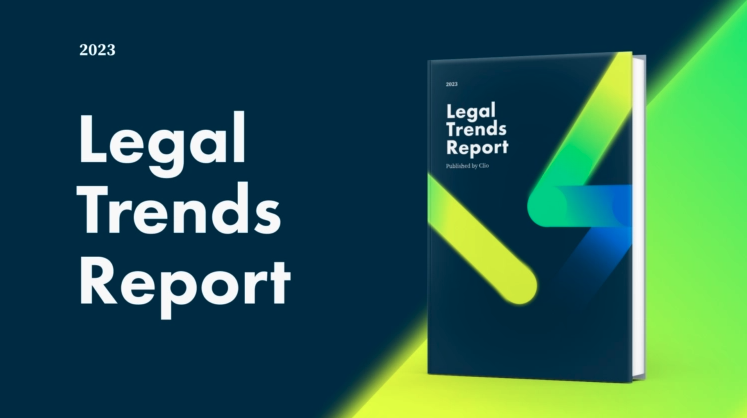Uncertainty does not benefit people or the economy, but it’s what residents of the UK have to look forward to after a post-Brexit vote. There is real concern that laws once entwining the UK and EU will require changes be made in immigration, family, conveyance, and even employment law. The implications will affect many:
- UK businesses will need to monitor rules for hiring workers from EU nations and may need to review the employment status of current and future employees.
- Families may have certain EU benefits right now, but what will the future hold? There are now questions of divorce jurisdiction, marital agreements, and more.
- Similarly, those who own land in more than one nation will need to stay abreast of new regulations surrounding ownership. This includes businesses with offices internationally.
- Moreover, future immigration policies appear to be tightening, and families have the right to be worried about their futures. Will countries that accepted Syrian refugees be more difficult to emigrate to than countries that didn’t? Does that even matter anymore? We’ll have to see what develops.
Many potential loose ends haven’t been discovered yet, but clients will be looking for good counsel. Where can people go for guidance when clear answers aren’t readily available? Lawyers are their best bet.
While lawyers might not have answers on hand, they will know who to contact, and where to get them. This way, clients can be reassured with confidence in their matters.
The uncertainty of a Brexit, which now blankets much of the population, is a golden opportunity for law firms in the UK to step up. They can help structure seemingly endless spools of data into communicable material. They can also then establish contact with the appropriate stakeholders to produce relevant answers to client questions.
Many law firms in the UK that are providing confidence to their clients are doing so with secure, cloud-based infrastructure like Clio. As some may know, the General Data Protection Regulation (GDPR) was introduced in April 2016 to maintain unified security for individuals’ data within the EU and is set to take effect in 2018. What does the situation warrant during Brexit?
According to the UK’s Information Commissioner’s Office (ICO), data protection regulations will need to be equivalent to those of the EU if they wish to continue trading securely across the market. For now, the UK is still a part of the EU, and the GDPR is fully enforced. As for Clio, bank-grade data centers are already in place, and data will not be accessible without explicit consent. This means law firms using Clio will need little effort to remain compliant during and post-Brexit.
To sum it up: The decision to leave the EU may cause an uneasy stomach with questions that no one can answer right now. There are a lot of loose ends that can’t be tied, and people have the right to worry because some of these issues will be critical. However, the lawyers of the UK are the outright experts and are best equipped to find the answers to these issues.
We published this blog post in July 2016. Last updated: .
Categorized in: Business





